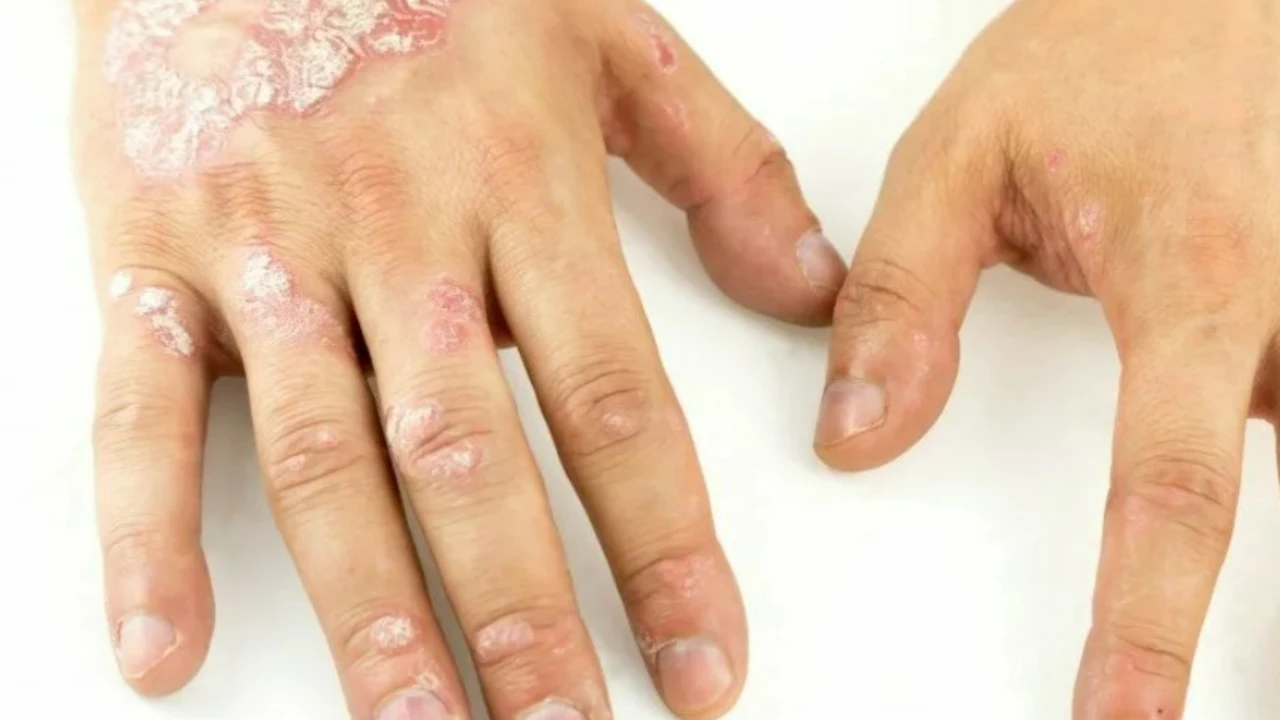Psoriasis is a common skin condition that causes patches of skin to become red, itchy, and scaly. It's not just a minor irritation; psoriasis can impact daily life and confidence. But knowing what triggers it and how to treat it can make a big difference.
Psoriasis happens because your immune system goes into overdrive, speeding up skin cell growth. This causes thick, flaky patches. You might notice them on your elbows, knees, scalp, or even your back. Sometimes, it can be mild, other times it’s more severe. Everyone’s experience is unique.
Recognizing the signs early helps jump-start treatment. Look for red patches covered with silvery scales, dry cracked skin that might bleed, and itching or burning sensations. If you notice these, visiting a healthcare provider is a smart move—they can confirm the diagnosis and suggest treatment options.
Treatment typically involves creams and ointments to reduce inflammation and scaling. Moisturizing regularly keeps your skin from getting too dry and itchy. For tougher cases, doctors may recommend light therapy or prescription medicines that calm your immune system.
Managing psoriasis isn’t just about medicine. Stress often triggers flare-ups, so finding ways to relax—like walking, meditation, or hobbies—can help. Also, avoid harsh soaps and hot baths since they dry the skin out. Instead, use gentle cleansers and lukewarm water.
Diet may play a role too. Some folks notice that cutting back on alcohol and processed foods reduces symptoms. Staying active and keeping a healthy weight can also lower flare-ups. It’s about finding what works for your body.
Though psoriasis can be stubborn, understanding it and trying different approaches makes living with it easier. Remember, you’re not alone, and with the right steps, your skin can look and feel better.
